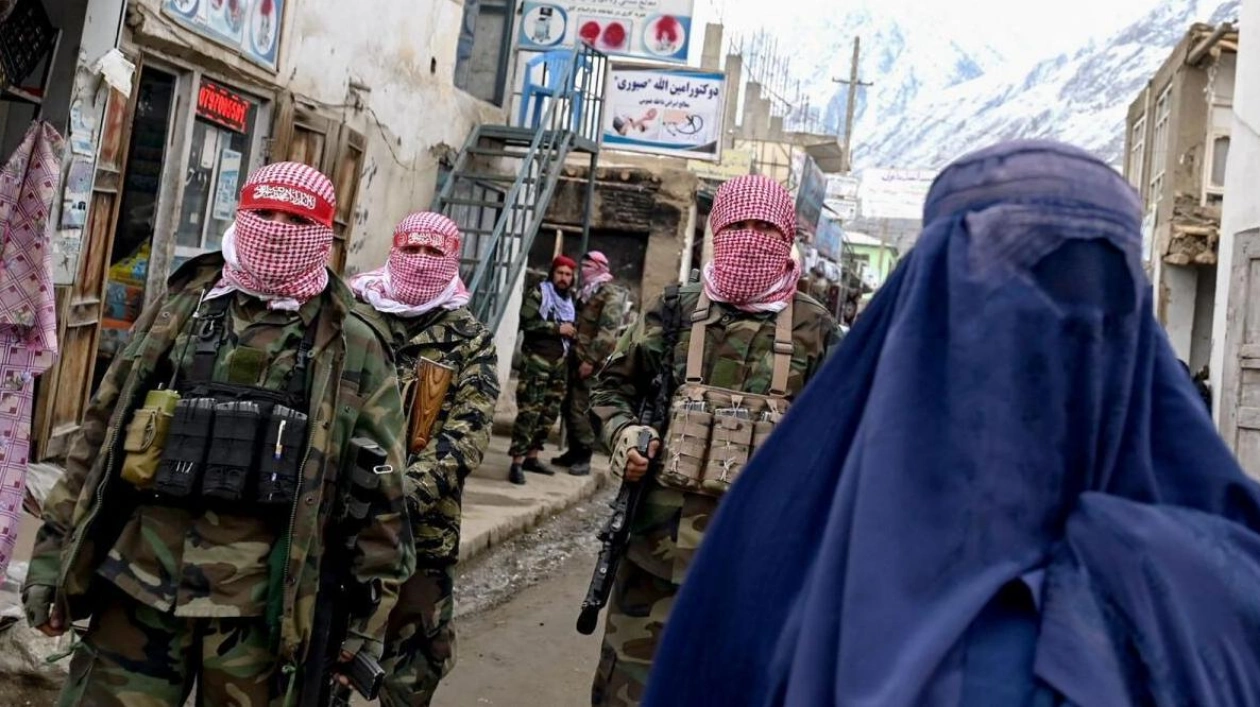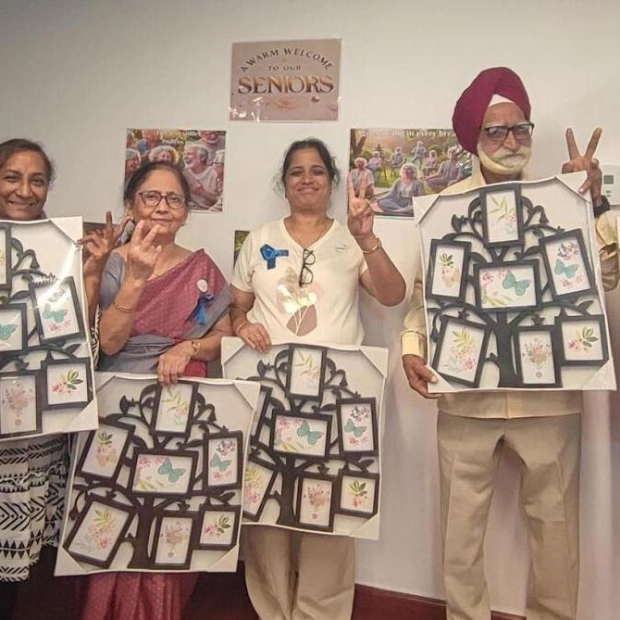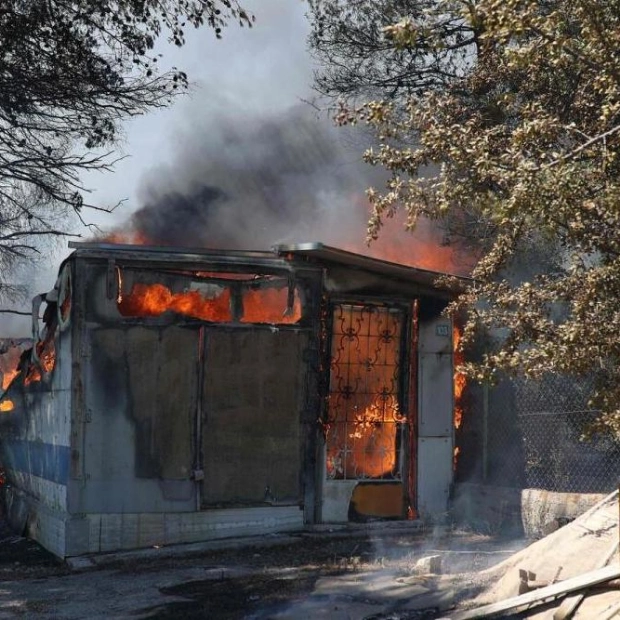According to a UN report released on Tuesday, the Taliban government's morality police are set to expand their role in enforcing religious law in Afghanistan, creating a 'climate of fear'.
The report from the UN assistance mission in Afghanistan highlights the negative impacts of the Ministry for the Propagation of Virtue and the Prevention of Vice on human rights and fundamental freedoms, particularly affecting women. However, Taliban authorities argue that the vice ministry's role is essential.
The ministry adheres to a strict interpretation of Islam, which has increasingly influenced Afghanistan since the Taliban's takeover in 2021. Morality police have the authority to reprimand, arrest, and punish individuals violating laws that marginalize women, ban music, and prohibit other activities deemed un-Islamic.
The UN report describes a 'climate of fear and intimidation' due to the ministry's intrusion into private lives, unclear legal powers, and disproportionate punishments. In contrast, Taliban authorities claim the vice ministry is 'dedicated to promoting benefits and averting harm in all spheres of peoples' lives', basing its actions on Sharia and Islamic law.
The report covers the vice ministry's activities from the Taliban's return to power three years ago until March this year. It notes the Taliban government's bans on women traveling without male escorts, enforcing conservative dress codes, barring them from public parks, and shutting down women-run businesses. Additionally, measures to limit interactions between men and women in daily life were implemented, along with directives to barbers to refuse 'Western style' haircuts and arresting those playing music.
In defense, the Taliban government stated that male escorts for women are 'to safeguard her honour and chastity', and Islamic dress is 'a divine obligation'. The vice ministry refuted claims of banning women from public places, asserting it only intervenes in mixed-gender environments.






